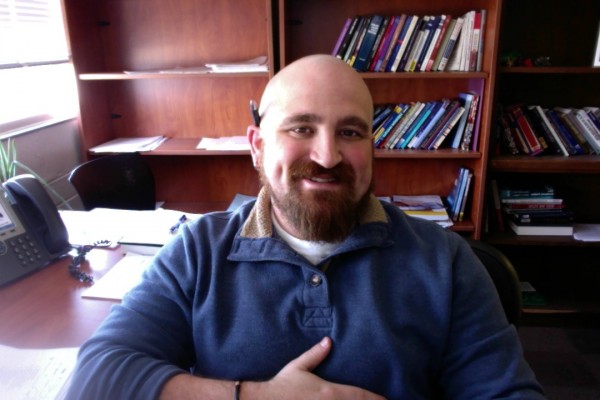Despite Controversy, Electoral College Likely Here to Stay
November 15, 2016
 Josh Zingher
Josh Zingher
By Jon Cawley
The outcome of the 2016 presidential election has ignited questions about the role of the Electoral College. But Old Dominion University political scientist Josh Zingher doesn't see it changing anytime soon.
Republican President-elect Donald Trump and Democratic challenger Hillary Clinton waged one of the most contentious presidential campaigns in modern memory. Despite near-unanimous predictions that Clinton would prevail, Trump is poised to assume the presidency Jan. 20, despite losing the popular vote.
Zingher said the Electoral College was established to allow less populated states to remain relevant during presidential campaigns by forcing candidates not to focus their attention solely on large population centers.
Each state is given a number of electors to serve in the Electoral College, Zingher said. More populous states have more electors.
Trump won the election by taking a large swath of states, particularly in the rural Midwest and Rust Belt, including Ohio, Pennsylvania, Wisconsin and Minnesota, providing him 306 electoral votes, more than the 270 necessary to win the presidency. Conversely, although Clinton won the general election by more than 1 million votes, she secured only 232 electoral votes.
"It's incumbent on presidential candidates to win states, and she didn't," Zingher said. "People will always say, 'Well, if it wasn't for the Electoral College, Hillary Clinton would be president.' You can't make that comparison. The way the campaigns would have operated would have been completely different if the election was decided by the popular vote."
Since the election, protests by Trump opponents have highlighted the Electoral College issue. Additionally, a change.org petition requesting that Electoral College members vote for Clinton has 4.6 million signatures; another petition asking Congress to abolish the Electoral College has more than 63,000 signers.
Even so, Zingher does not anticipate controversy when the Electoral College meets Dec. 19, presumably to affirm the results.
"I can't imagine anything surprising or interesting will happen," he said. "This is more of a formality than any type of actual decision making. I don't anticipate any drama when the electors actually convene."
Zingher added that many states prohibit a "faithless elector" from voting differently from how the state's voters cast their ballots.
"The room for electors to pursue their own agenda through the Electoral College is limited," he said.
Trump used to be against the Electoral College before it clinched his victory. Zingher said he does not believe Trump will make a significant effort to get rid of it. Nor is it clear to Zingher what the benefit would be if it were abolished.
"Elections would be different; I'm not sure elections would be better," he said. "And, certainly, if you're in a small state you'd want to keep the Electoral College. Moving away to anything other than the Electoral College would be very, very difficult and probably not politically feasible."

